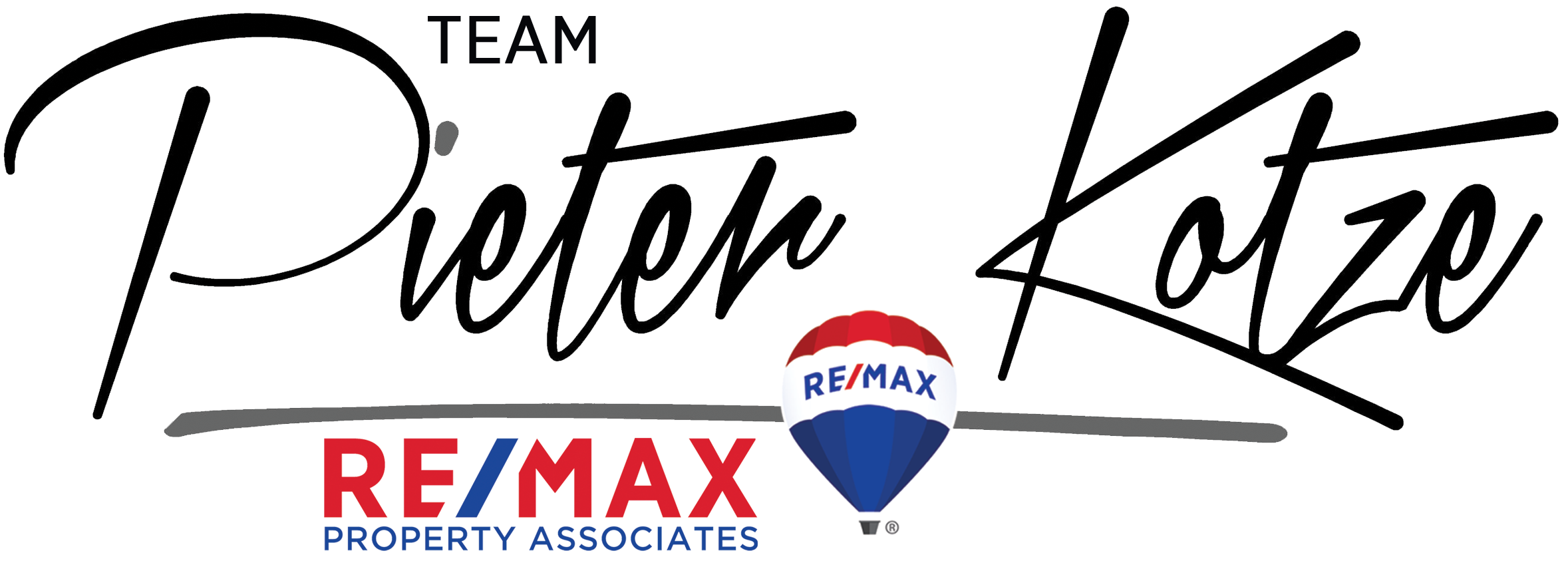
Capital Gains Tax in South Africa: What to Know When Selling Your Property in Cape Town’s Northern Suburbs
Selling your home is a big step — and it often comes with mixed emotions. Whether you’re downsizing, upgrading, or relocating, chances are you’re focused on the future. But before you pop the champagne and move into your new place, don’t forget the taxman. If your home has appreciated in value, there’s a good chance SARS will want a piece of the profit. That’s capital gains tax (CGT) — and it’s something every homeowner should understand.
Let’s unpack how capital gains tax works when you’re selling property in the Northern Suburbs of Cape Town and what you can do to minimise your tax burden.
Do You Always Pay Tax When Selling a Property?
Not always, but if you’ve made a decent profit, you might. Homes in areas like Durbanville, Brackenfell, and Bellville have seen healthy price growth in recent years — especially post-2020. That appreciation can result in a sizeable capital gain, and SARS sees this as a taxable event.
In simple terms: your home is a capital asset, and when you sell it for more than you paid (plus improvements), the profit may be subject to capital gains tax.
How Capital Gains Tax Works in South Africa
Capital gains tax applies when you dispose of an asset and make a profit. For residential property, it’s triggered when you sell, donate, or transfer ownership of the home.
But here’s the good news: South African tax law offers some relief for homeowners through what’s known as the primary residence exclusion.
- First R2 million of gain is excluded from CGT if the property is your primary residence
- The gain is calculated as:
Selling price – (Purchase price + Capital improvements + Transaction costs)
Example:
If you bought a home for R1,500,000 and sell it years later for R2,800,000 — and you’ve spent R200,000 on renovations — your profit is R1.1 million. In this case, your entire gain may fall below the R2 million exclusion and therefore be free from CGT.
However, if you’ve used part of the property for business (e.g., home office or Airbnb), or if it’s a second property (e.g., an investment flat in Tygervalley), the full exemption won’t apply.
Key CGT Considerations When Selling
Here’s what to keep in mind to ensure you’re not caught off guard:
1. Primary Residence Must Be Nominated
SARS allows only one property to qualify for the primary residence exclusion. Make sure your records clearly show where you’ve been living and for how long.
2. Keep Receipts and Proof of Improvements
Any capital improvements (like adding a flatlet, redoing the kitchen, or building a garage) can be added to your base cost. This reduces the taxable gain — but only if you have proof.
3. Agent Commission & Transfer Costs Count Too
You can deduct these selling costs from your final capital gain, so hang on to invoices from your estate agent, bond originator, and transfer attorney.
What If You Don’t Qualify for the Full Exclusion?
If the home was never your primary residence, or only partly so, you may owe CGT on the portion that doesn’t qualify. For instance:
- Rental property sold at a profit? No primary residence exemption.
- Vacant land? Full capital gains may apply.
- Second home/holiday property in Langebaan? Also subject to full CGT.
Special Cases Where Exemptions May Apply
Even if you don’t meet all the criteria, SARS may still grant partial exemptions in certain situations, such as:
- Divorce or inheritance transfers
- Death of a spouse
- Change of use (e.g., when converting a home into a business)
- Forced sales or expropriation
Always consult a tax professional when navigating these scenarios.
Calculating Your Capital Gain
Here’s a quick breakdown of how it’s calculated in SA:
- Determine your base cost:
- Purchase price
- Bond registration fees
- Transfer duty
- Attorney fees
- Capital improvements (not maintenance)
- Subtract this base cost from the selling price (minus agent commission & related costs)
- If your gain exceeds R2 million (for a primary residence), the difference is subject to CGT
Currently, only 40% of the gain is included in your taxable income for individuals — and you pay tax on that portion based on your personal income tax bracket.
Final Word: Don’t Sell Blind
Navigating capital gains tax can feel like walking a financial minefield. But with the right planning — and expert guidance — you can limit what you owe and walk away with more in your pocket.
Whether you’re selling your family home, a sectional title unit, or an investment property, it’s essential to consult both a tax advisor and a local property expert.
📞 Contact Team Pieter Kotze @ RE/MAX Property Associates to learn more about the best way to sell and manage the tax implications of your Northern Suburbs property. We’ll connect you with valuation experts and tax professionals to ensure your sale is smooth — and smart.

